In August, The Advocate ran an op-ed that seemed to suggest that LGBT History Month was founded a mere decade ago. As those who were there at the start, more than two decades ago, we'd like to set the record "straight."
In January 1994, a suburban St. Louis high school history teacher, Rodney Wilson, suggested that LGBT history -- like women's history and African-American history -- needed a month devoted to its study. But which month? Pride Month, June, would not work because school was out, and other months were spoken for by other groups. But October was free of conflicts, came during the academic year, and serendipitously was the month of both the first and second LGBT Marches on Washington (1979 and 1987) and National Coming Out Day (October 11). He selected October and a draft proposal was written.
Johnda Boyce, a graduate student in women's studies at Ohio State University and Wilson's best friend from college, was the first to learn of the idea. After her input, a revised proposal was sent -- via postal mail (!) -- to organizations, community notables, education and advocacy groups, and potential supporters and historians all over the country.
One copy landed on a desk of the Gerber/Hart Library and Archive in Chicago. Another found its way to the office of the nascent Gay, Lesbian, and Straight Teachers' Network (now GLSEN). Kevin Boyer, of Gerber/Hart, and Kevin Jennings, founder of GLSEN, joined Wilson, Boyce, Jessea Greenman of the University of California, Berkeley, and Torey Wilson, a suburban Chicago history teacher, on the first LGBT History Month Coordinating Committee. (It was then called LG History Month. Adding a "B" to the official name happened only after heated debate, and at that time, there was no thought of adding a "T.")
With the institutional backing of Gerber/Hart and a lot of hard work by members of the national coordinating committee, endorsements came rolling in. The governors of Connecticut, Massachusetts, and Oregon made official proclamations recognizing October as LGBT History Month. All the LGBT civil rights and education and advocacy organizations of the day came on board: Project 10 (and its founder Virginia Uribe), GLAAD, the Human Rights Campaign, Gay & Lesbian Americans, NGLTF, and, of course, GLSEN. Endorsements arrived from esteemed historians like Jonathan Ned Katz, William A. Percy (chair of the American Historical Association's Caucus for Gay and Lesbian History), George Chauncey, and Martin Duberman (who sent his endorsement on a hand-written postcard). From the beginning, Windy City Times syndicated columnist Paul Varnell gave the movement his pen and wrote eloquently of LGBT History Month every October until his death in 2011.
For $5, the committee mailed out packets of material with history month curriculum suggestions for secondary schools, colleges and universities, and community groups. Packet after packet after packet were mailed out of Gerber/Hart library. That first October, Jennings's GLSEN sponsored a history conference in Boston attended by 200 educators and keynoted by Eric Marcus, author of Making Gay History. The history department at the University of Missouri at St. Louis, where Wilson was a graduate student, sponsored a month-long LGBT history film festival. News stories started to appear; a few teachers had their history month displays taken down by school districts; some parents approved and many others did not. But many schools, colleges, and universities ran with the idea, and October was cemented in the community's mind as LGBT History Month.
In time for the second annual celebration in October 1995, LGBT History Month had received mainstream coverage in Newsweek magazine. But early efforts weren't without controversy.
When Wilson and the Gay and Lesbian Caucus of the National Education Association pressed for and received an endorsement of LGBT History Month, the backlash was enormous. Phyllis Schlafly's Eagle Forum and Beverly LaHaye's Concerned Women for America bought full-page ads in newspapers condemning the NEA and scaring parents: "It [LGBT History Month] may be celebrated at your school before the month is over. Please call now. This must be stopped."
Under pressure, NEA delegates at the 1996 Representative Assembly voted to remove specific mention of all history months from their resolutions, even long-established Black History Month and Women's History Month. NEA was and remains a strong LGBT ally, but history month celebrations are still encouraged only generically.
Over the next 10 years, LGBT History Month continued to grow organically, without need of centralized organization. Hundreds of colleges and universities, community libraries, and even some high schools faithfully commemorated October as LGBT History Month -- and still do.
Since 1994, the LGBT community and its history have become more mainstream. Community-based history projects and archives now stand alongside major collections at universities, city libraries and museums, not to mention historical inclusion in film, radio, documentaries and books. In 2006, Philadelphia's Equality Forum created LGBTHistoryMonth.com, a website that highlights 31 diverse icons each year to help drive a national LGBT history conversation. And many cities throughout the USA officially commemorate LGBT History Month.
We who were there at the beginning are proud of what we created, and we look forward to this October's celebrations that will mark a very healthy tradition now in its 22nd year. Happy Lesbian, Gay, Bisexual, and Transgender History Month 2015!
--Four of the six original LGBT History Month Committee Members: Rodney Wilson, Kevin Boyer, Johnda Boyce, Kevin Jennings
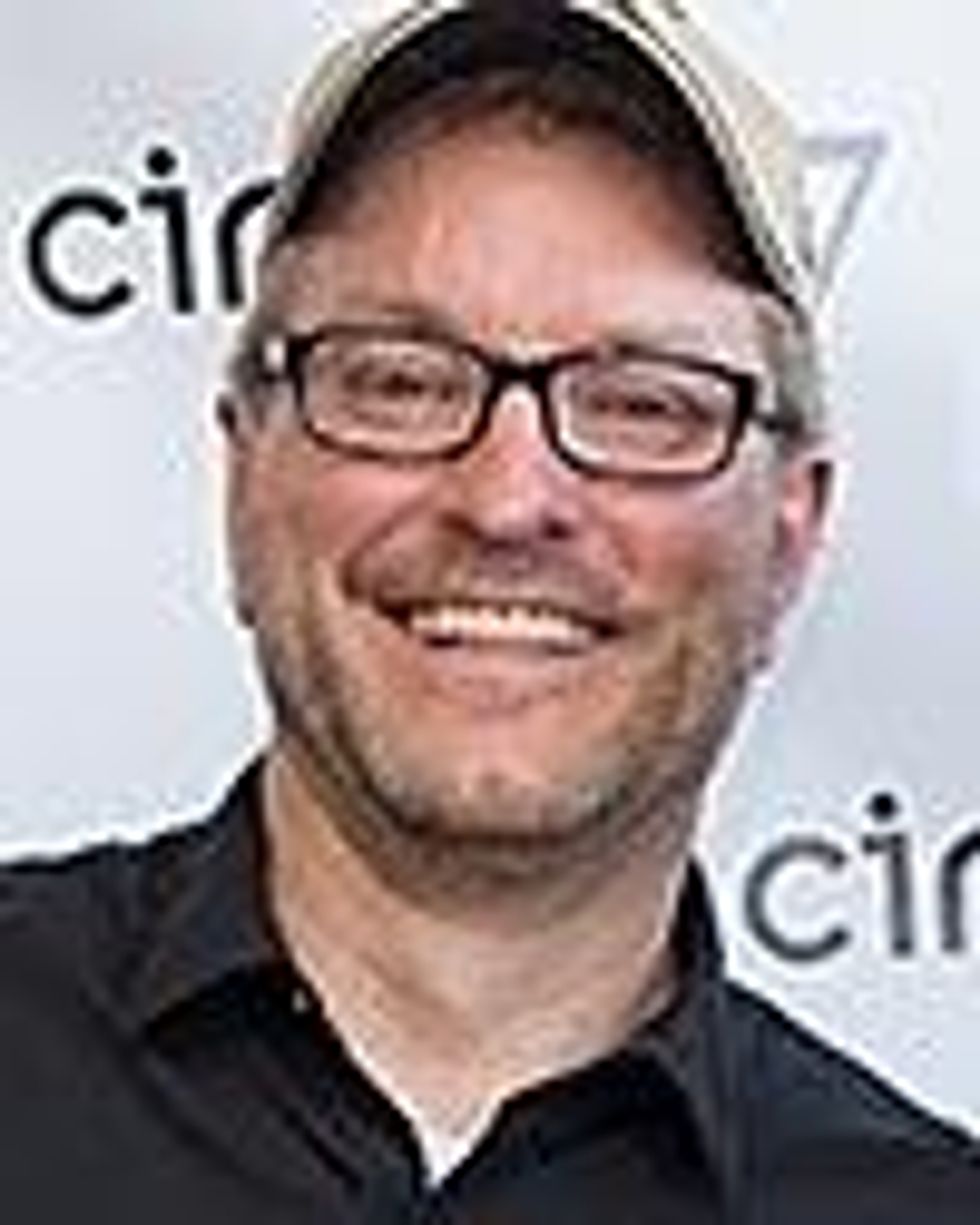
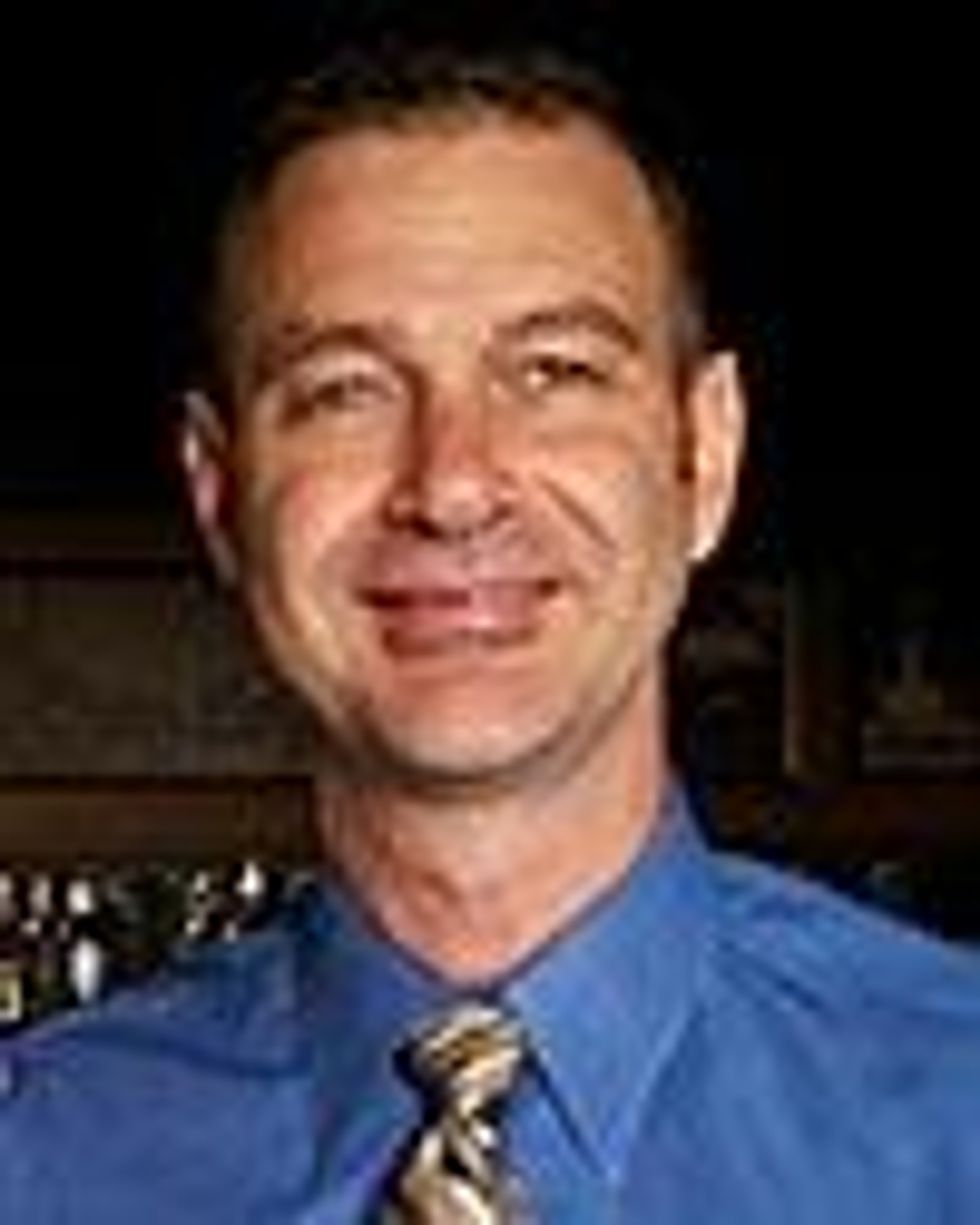
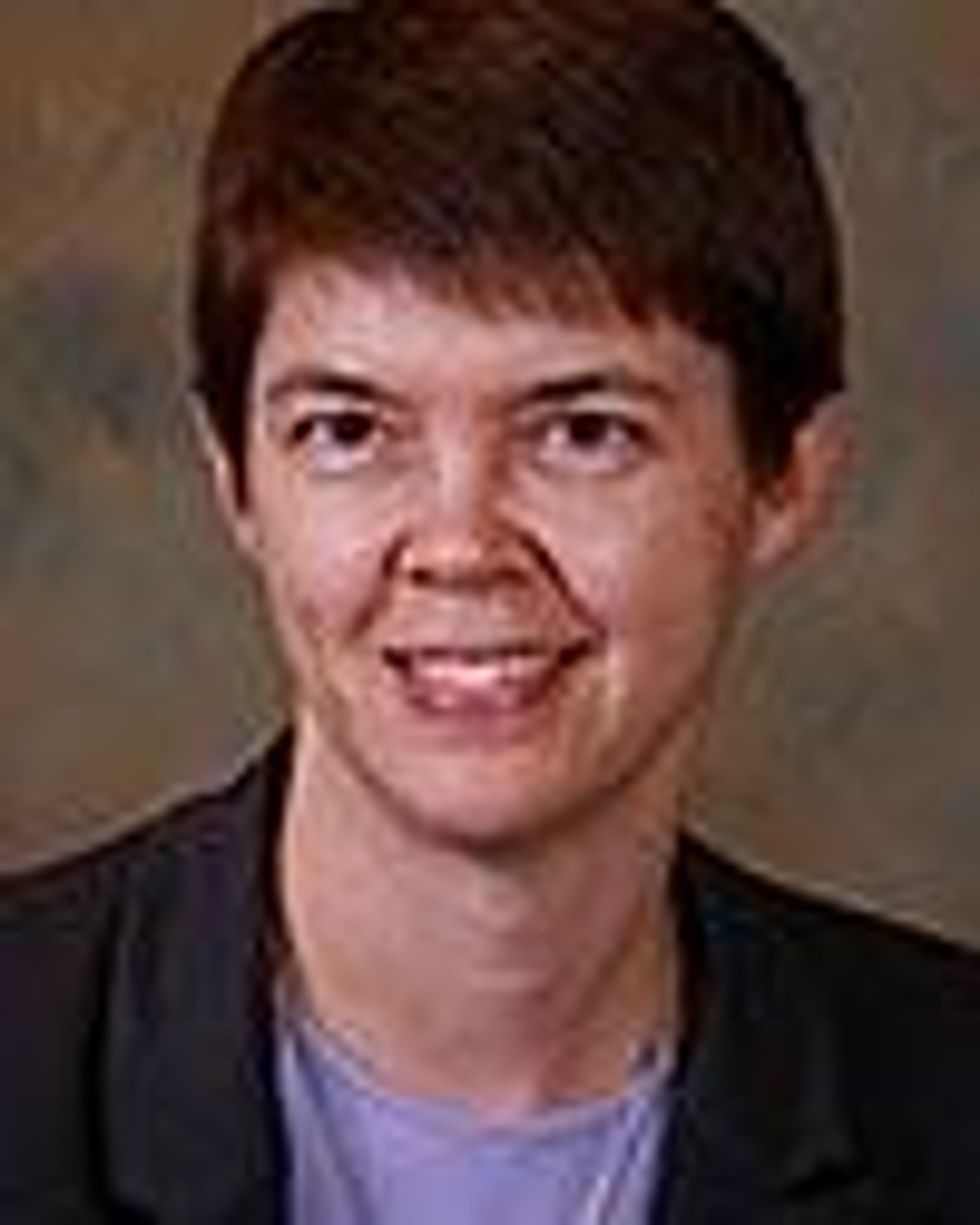
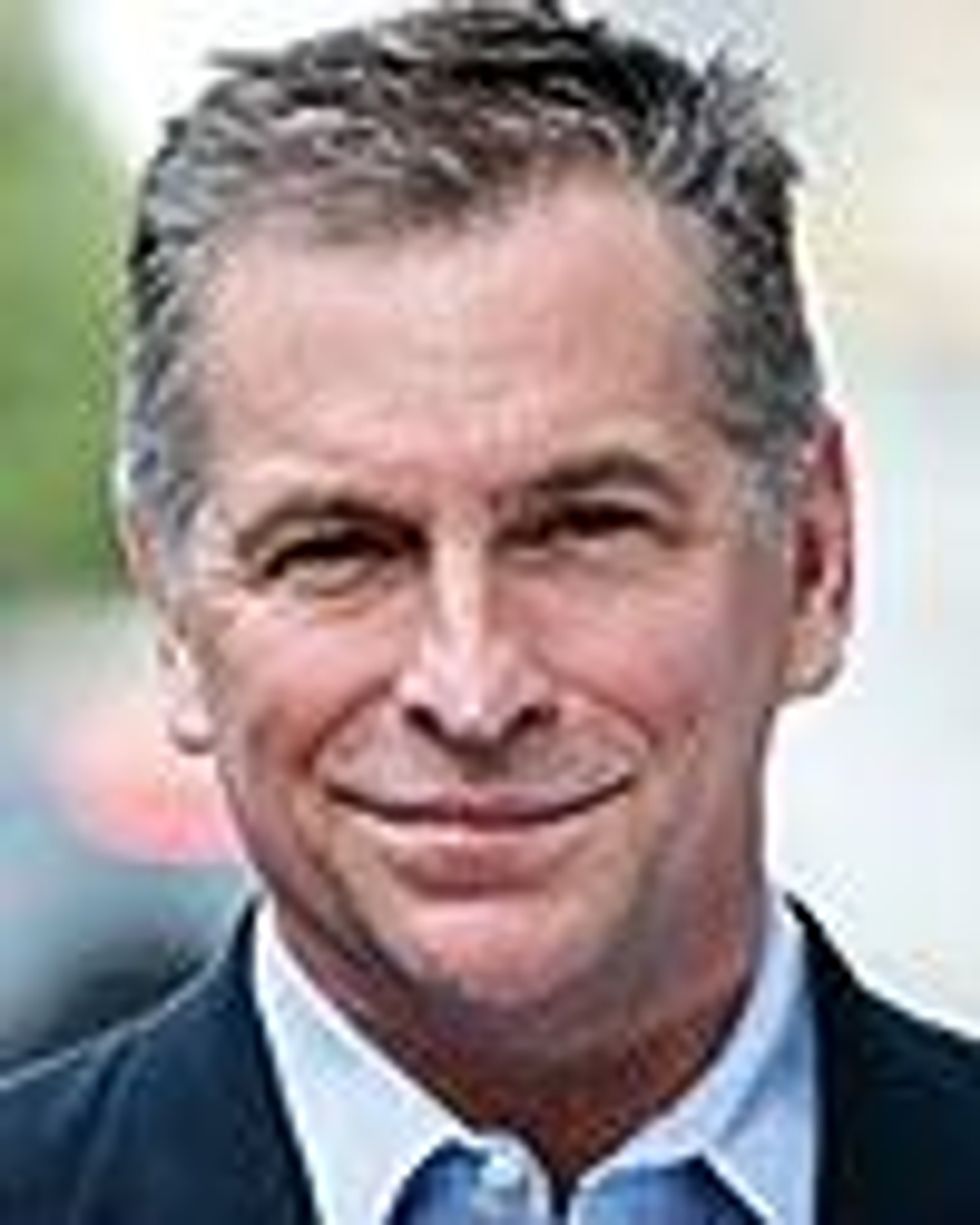














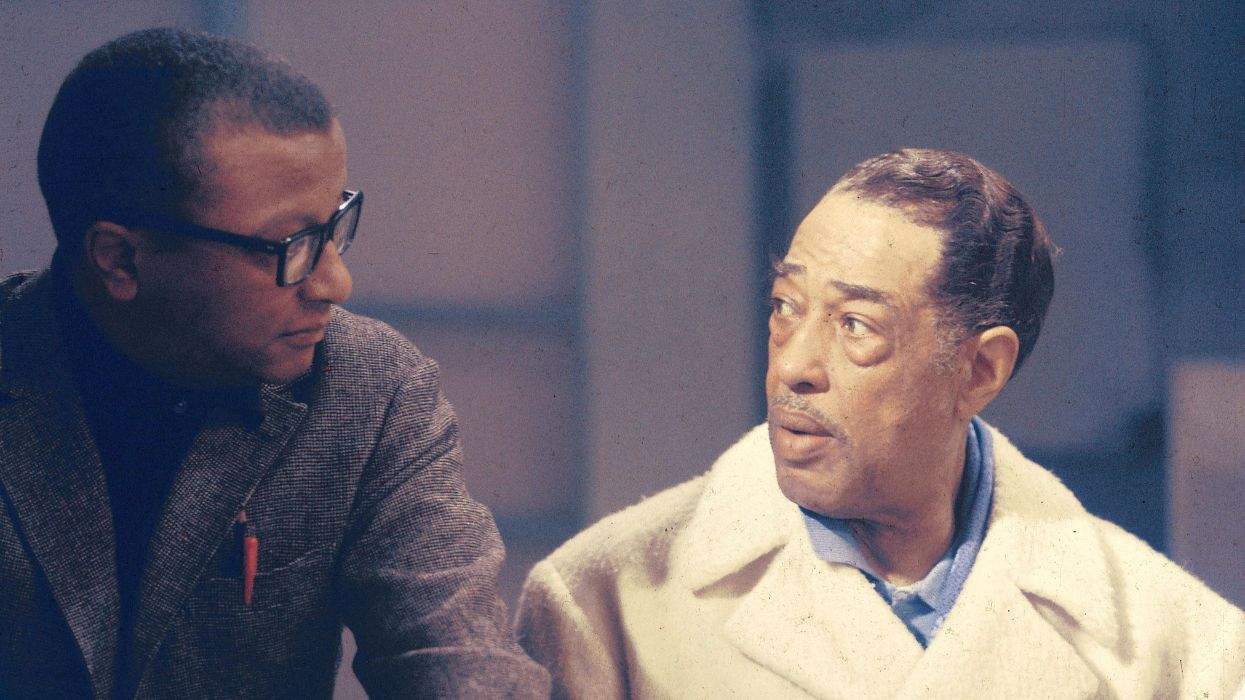
Charlie Kirk DID say stoning gay people was the 'perfect law' — and these other heinous quotes
These are some of his worst comments about LGBTQ+ people made by Charlie Kirk.